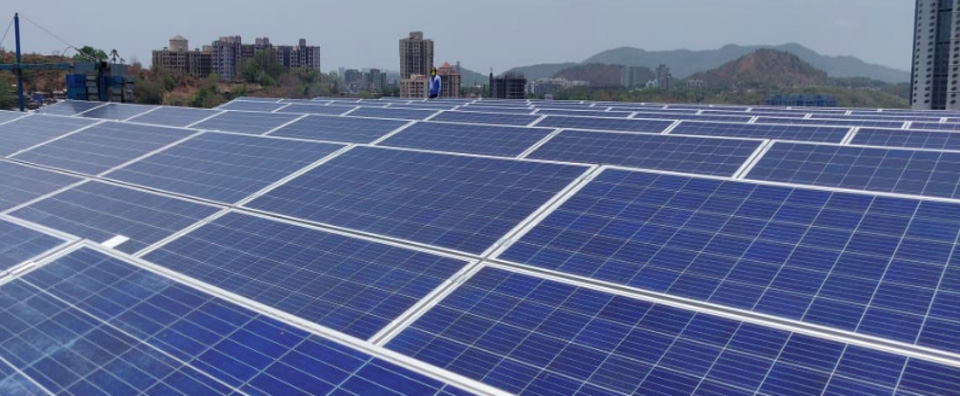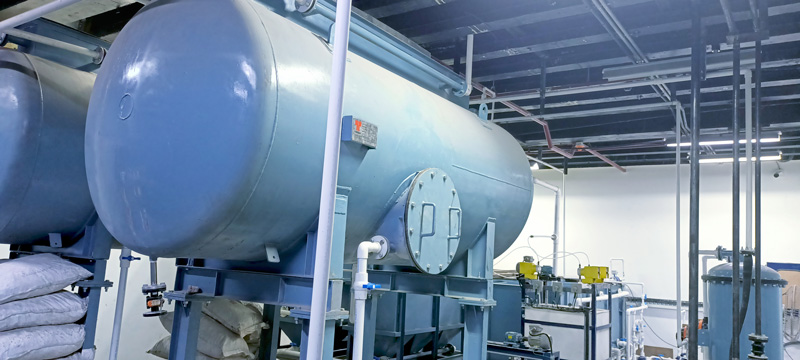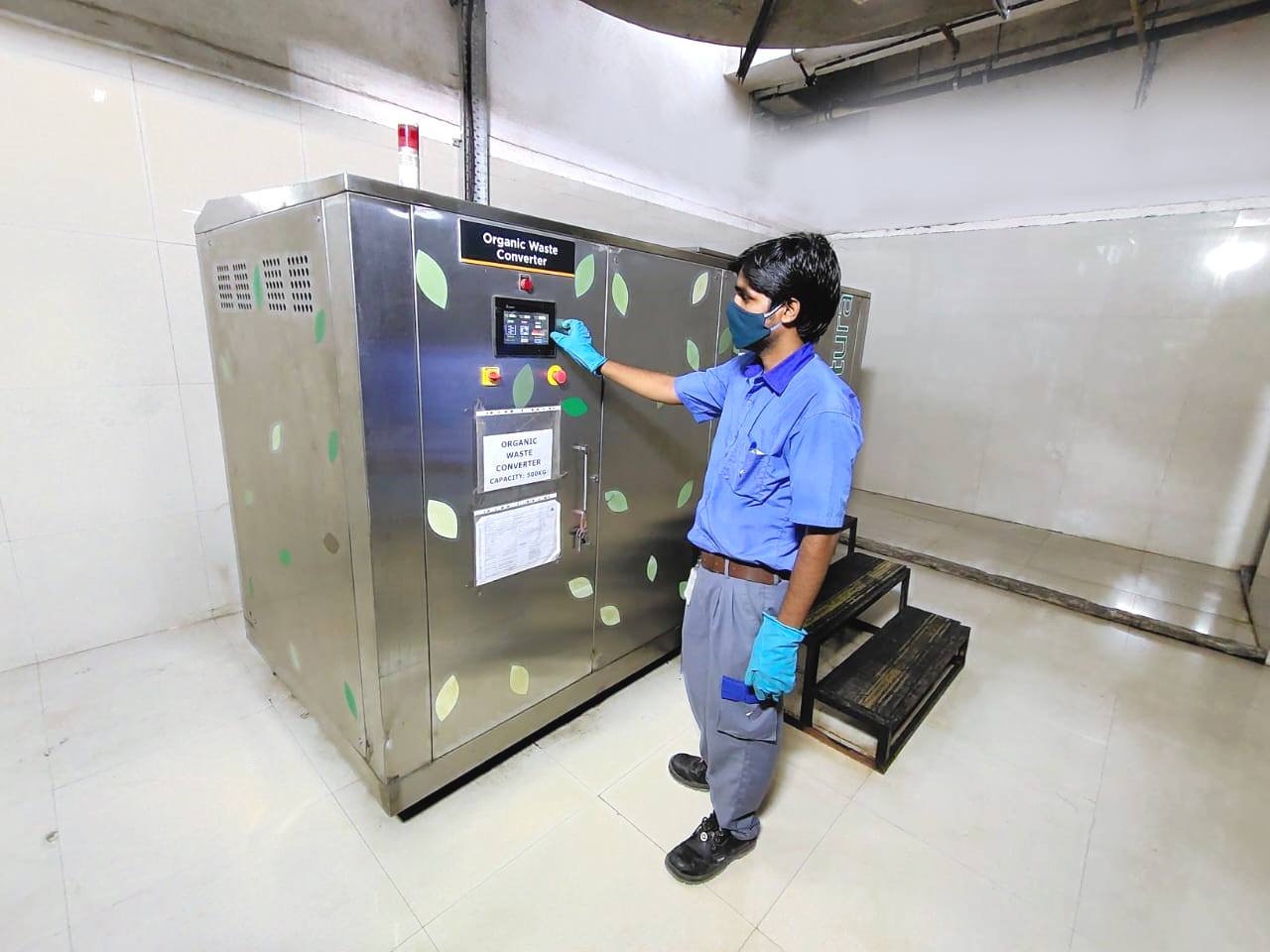We are dedicated to minimising our GHG emissions in accordance with national and global regulations. We have been doubling down on our energy efficiency and increasing the share of renewable energy in our energy mix across our portfolio. Our emissions have also declined by ~55%, due to reduced fuel and energy consumption caused by lower occupancy during FY2021, owing to COVID-19 lockdown restrictions. However, we continued our decarbonisation efforts in FY2021 by increasing our energy consumed from renewable sources by 18%.
To further reduce the burgeoning carbon footprint, we have employed efforts to promote the use of electric vehicles. In accordance with this, we have installed e-vehicle charging stations at Embassy 247, Mumbai. Currently, we have charging stations installed at Embassy Golf Links, Bengaluru; Embassy Manyata, Bengaluru; Embassy TechVillage, Bengaluru; Embassy One, Bengaluru; Embassy Quadron, Pune; Embassy Qubix, Pune and Embassy Oxygen, Noida. We also plan to install charging appoints at FIFC, Mumbai and Embassy Galaxy, Noida, in FY2022. We are encouraging and empowering people to transition using cleaner and greener fuels.



